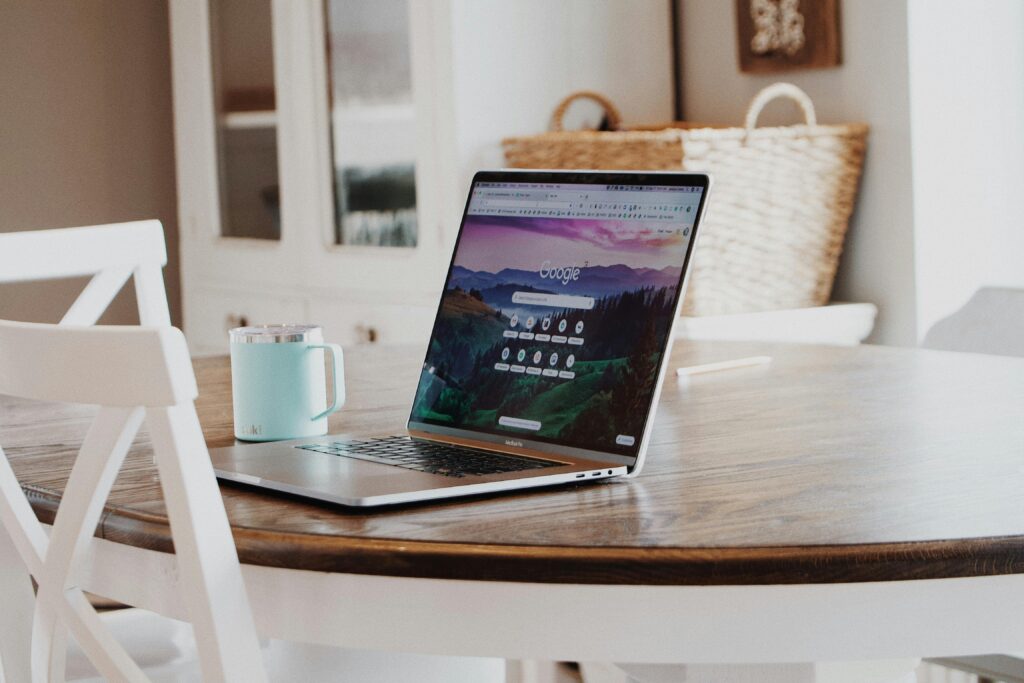As students in Ontario transition from elementary to high school, they embark on a significant academic journey that involves crucial high school soft skills preparation. High school marks a new chapter where not only the curriculum but also the learning environment evolves.
As an international school, where we have students coming from more than 25 countries as well as Canadian students coming from both private and public schools, I can comfortably say that while prior knowledge plays a foundational role, it’s the mastery of broader, essential skills that truly sets the stage for success. The high school curriculum, with its increased complexity and demands, rewards students who are not just memorizers of facts but thinkers and problem-solvers.
For example, in Mathematics, students entering high school are expected to have a grasp of basic arithmetic operations, fractions, decimals, and an introduction to algebra and geometry. However, beyond these fundamentals, the ability to apply mathematical concepts in problem-solving scenarios, critically analyze data, and engage with mathematical reasoning is what will empower them in the high school setting.
Skills for High School Success
Organizational Skills
The ability to organize effectively stands as one of the most critical skills for high school students. This encompasses time management, task prioritization, and maintaining a well-organized study space. High school introduces students to a more complex schedule and a diverse set of responsibilities. Mastering organizational skills enables students to manage their coursework, extracurricular activities, and personal time efficiently, thereby reducing stress and enhancing productivity.
Incorporating technology, such as digital calendars, reminder apps, and other digital tools, can be particularly effective in keeping up with deadlines and assignments and staying on track.
Reading and Comprehension
A strong foundation in reading and comprehension is indispensable. High school reading materials become increasingly complex. The ability to read, understand, and analyze texts across different subjects is crucial for academic success. This skill not only aids in grasping new concepts but also in developing critical thinking and analytical skills.
Additionally, the volume of reading expected in university increases tenfold, highlighting the necessity for students to develop robust reading and comprehension skills early on to manage the extensive academic workload of higher education successfully.
Learning Strategies
Effective learning strategies are key to navigating the academic challenges of high school. This includes note-taking techniques, study methods, and the ability to seek help when needed. Students who cultivate flexible learning strategies can adapt to various subjects and teaching styles, making the learning process more efficient and effective. Being self-aware of strengths and areas for improvement, as well as being resourceful in terms of seeking help when roadblocks are met, are both also crucial strategies.
At Keystone, we support the acquisition and development of these learning strategies by offering study hall every day after school, where students can complete their work and receive assistance from teachers.
Critical Thinking and Analysis
The high school curriculum in Ontario emphasizes the development of critical thinking skills, encouraging students to not just learn but to question and analyze the information presented to them. This skill is crucial for success across all subjects, from the sciences to the humanities, as it promotes independent thinking and complex problem-solving abilities.
At Keystone, we adopt an inquiry-based approach to teaching and learning, encouraging our students to continuously question and critically examine information. This method not only reinforces critical thinking but also prepares students to apply these skills in real-world scenarios, fostering a deeper understanding and appreciation for the learning process.
Bridging Knowledge Gaps with Skills
We recognize the fact that students enter high school with varying levels of knowledge. However, grades 9 and 10 serve as a crucial period for bridging these gaps and engaging in that fundamental high school soft skills preparation. The emphasis during these foundational years is not solely on what students already know, but on how well they can learn. Students who are equipped with strong organizational, reading, learning, and critical thinking skills are better prepared to tackle academic challenges and close any knowledge gaps.
The Role of Parents and Educators
The development of these essential skills is a collaborative effort between students, parents, and educators. Parents can support their children by providing a structured environment at home that fosters organizational and study habits. Educators, on the other hand, play a critical role in recognizing and nurturing each student’s potential, providing them with opportunities to develop and apply these skills in various contexts. The role of parents is significant: children emulate what they observe, learning from their parents during early childhood. As they progress to a school setting, they continue to learn from their peers and teachers. It’s crucial that all positive habits are encouraged and reinforced.
As students in middle school engage in high school soft skills preparation, it’s crucial to recognize that while the learning may get more complex and deeper, the foundation of their success lies in the skills they have already cultivated in their elementary years. Organizational, reading, learning, and critical thinking skills are not just academic tools — they are the building blocks for future success in both educational and personal endeavours.







